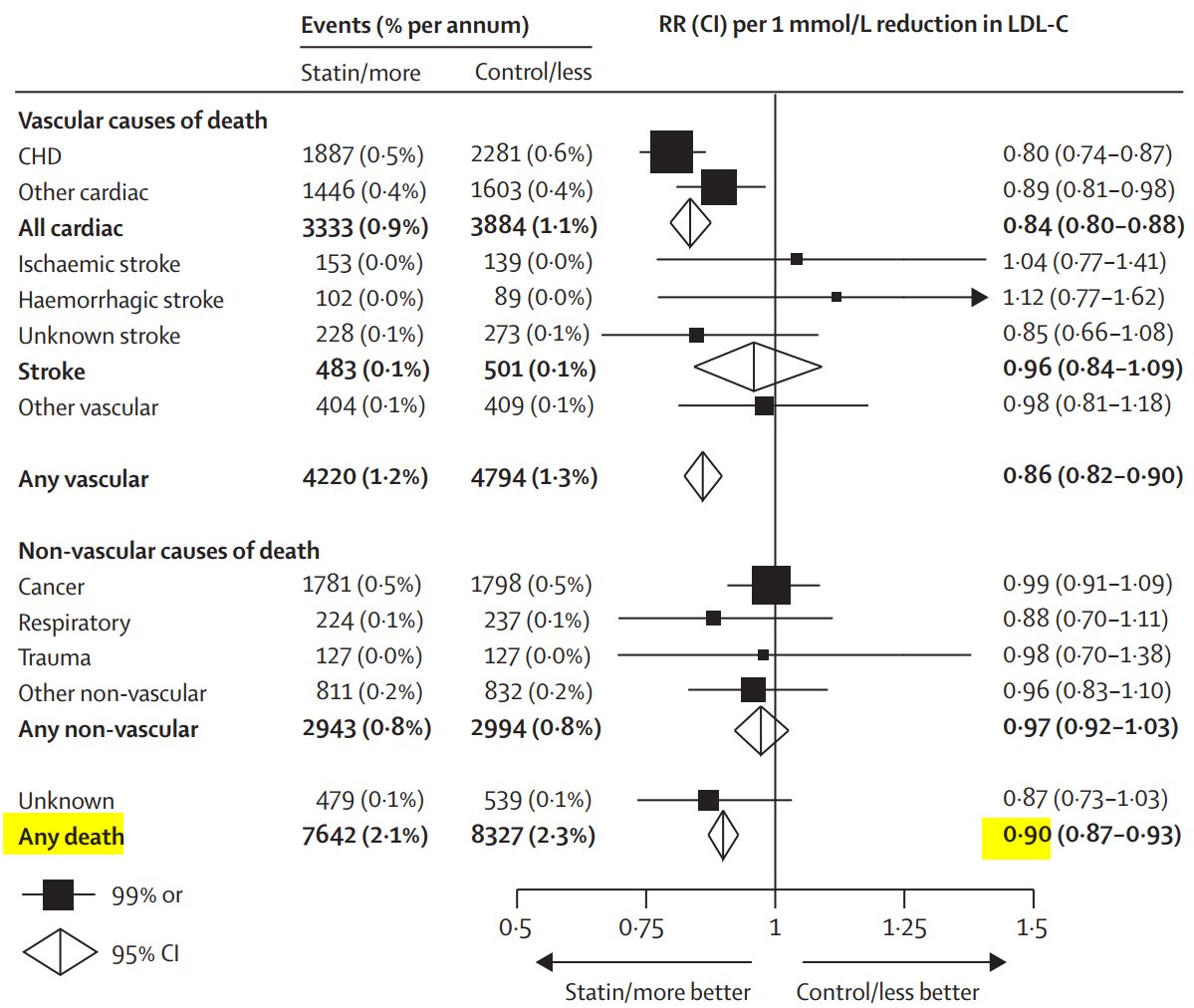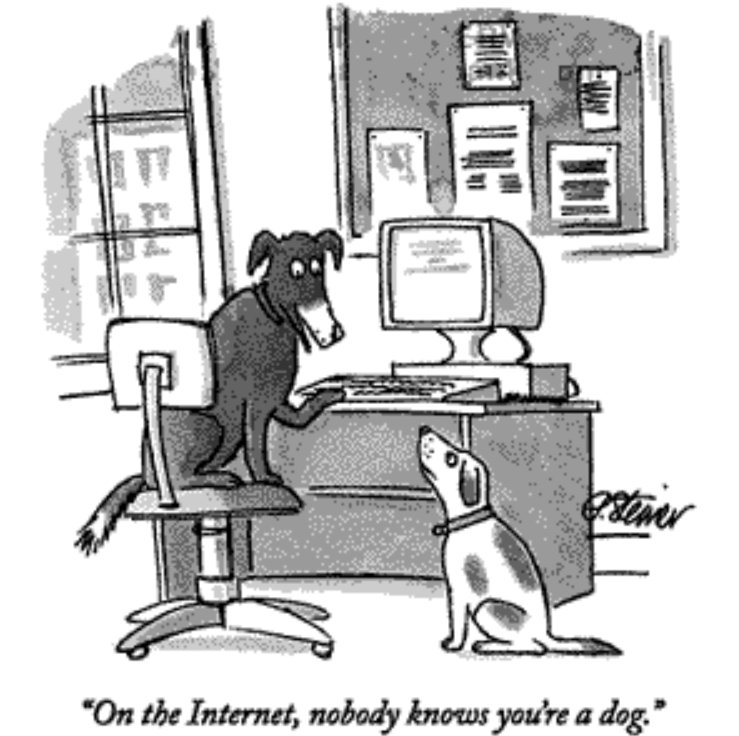In western philosophy of religion, attention for ritual has been sporadic and recent 1/
philpapers.org/rec/OLBEAC)
Now, I can add in fact etiquette does make sometimes a life-and-death difference. E.g., coughing while covering your face is a matter of etiquette but also a lifesaver
newsweek.com/covid-19-death… 8/
srcd.onlinelibrary.wiley.com/doi/full/10.11…
“When the world is drowning, one pulls it out with the
Way; when one's sister is drowning, one pulls her out with one's hand” (Mengzi 4A17).
So, ritual is important for him.
19/
* a desire for profit
* a dislike of other people
* a tendency for lascivious
Basically, you have the most important motives here in 99% of murder mysteries. Money, hatred/revenge, or sex/lust 21/
"Crooked wood must await the press frame and steaming and bending and only then will it be straight, because it is by nature not straight" 24/








